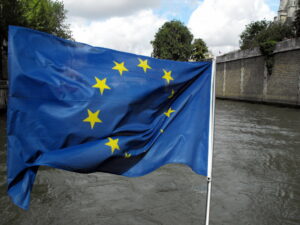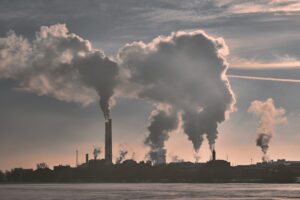Air pollution in China fell by 48% during the first 20 days of lockdown, according to researchers at NASA and the University of Exeter.
Most of China’s provinces went into lockdown on the day of the Lunar New Year.
To measure the impact that this lockdown had on air pollution, the researchers used NASA’s Aura satellite and the European Copernicus satellite to measure levels of nitrogen dioxide (NO2) 20 days before and after the New Year celebrations.
After analysing the Satelite imagery the researchers found that NO2 levels dropped by almost half just 20 days after the lockdown began.
According to the researchers, some reduction in NO2 pollution is expected in this period due to closures for the public holiday.
However, the researchers have highlighted that this year’s NO2 levels still fell a further 21% below the average for 2015-2019.
The researchers also singled out regions that contain large power plants and found similar declines in air pollution, this suggests that measures to contain COVID-19 affected power generation as well as industrial production and travel.
Dr Fei Liu, the lead author of the study and an air quality researcher at NASA’s Goddard Space Flight Center, said: ‘This is the first time I have seen such a dramatic drop-off over such a wide area for a specific event.
‘This year, the reduction rate is more significant than in past years and it has lasted longer.’
Arran Page, a PhD candidate at the University of Exeter Business School, added: ‘Many Chinese cities have poor air quality that reduces life expectancy and quality.
‘While temporary, these substantial reductions in air pollution may have positive health implications for the lives of residents in otherwise heavily polluted areas.’
Photo Credit – Pixabay














